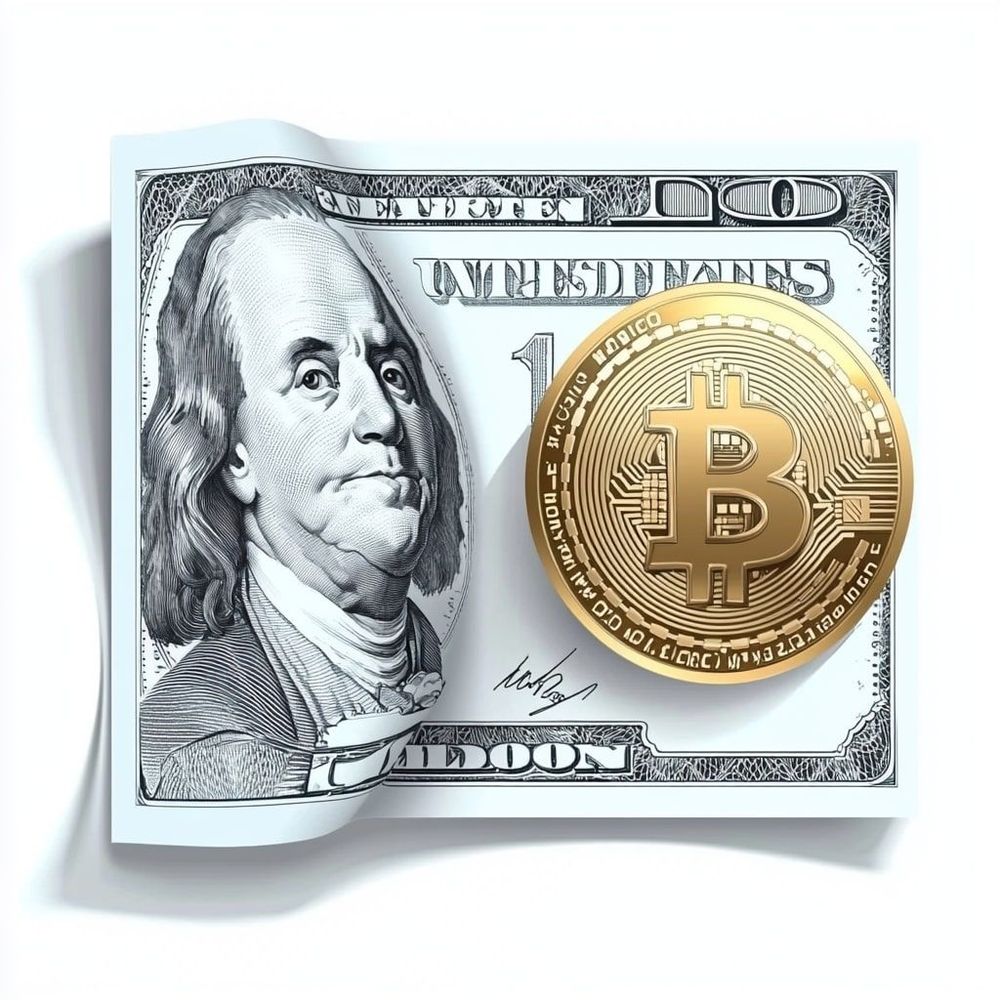Gold, Crypto, and the Subjective Nature of Value
Why Nothing Has “Real Value”: Fiat Money vs. Bitcoin
Ever wonder why money is worth anything? Spoiler: it’s because we agree it is. Whether it’s gold, dollars, or Bitcoin, value isn’t some fixed thing—it’s just what people decide they’re willing to trade for it. Let’s break down the difference between old-school money (fiat) and crypto like Bitcoin.
What’s Fiat Money?
Fiat money is your dollars, euros, or yen. It’s not backed by gold or anything shiny—it’s valuable because governments say so. You can pay your taxes with it, and everyone legally has to accept it for stuff. That’s what gives fiat its power: laws and trust in the system.
Is Bitcoin the Same as Fiat?
Some people say Bitcoin is just like fiat because it’s “not backed by anything.” That’s not entirely true. Even gold doesn’t have magical “real value.” According to economist Ludwig von Mises, gold became valuable because people wanted it for jewelry and other uses. Over time, it also became money. But its value depends on what people are willing to pay for it, just like anything else.
What Makes Bitcoin Different?
Bitcoin isn’t controlled by a government, and you can’t use it to pay taxes. Instead, its value comes from its usefulness and the trust of its community. Economist George Selgin calls Bitcoin “synthetic commodity money.” Translation? It’s like gold, but digital—people trust it and want it, so it works as money.
The Truth About Value
Here’s the thing: nothing has “real value.” Not gold, not dollars, not Bitcoin. Value only exists because humans agree on it. What matters is trust. Fiat relies on governments, while Bitcoin relies on its tech and community. In the end, the worth of money—whether it’s physical or digital—is about what people are willing to trade for it.
TL;DR: Money is worth what we agree it is. Fiat money works because of government backing. Bitcoin works because people trust it. Neither has “real” value—they’re just tools for trade.

Recent News
All Time High • Live
Have questions or want to collaborate? Reach us at: [email protected]










